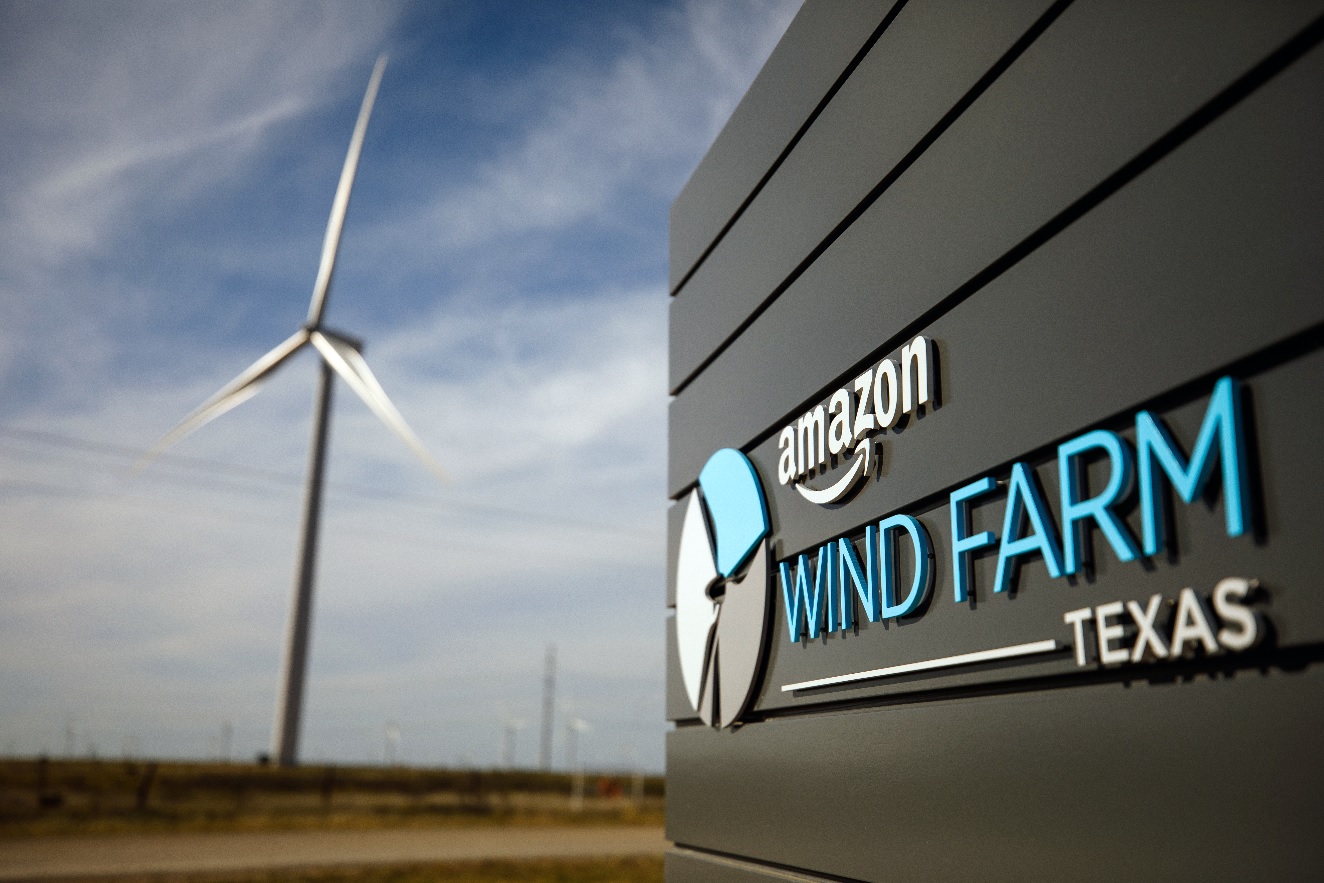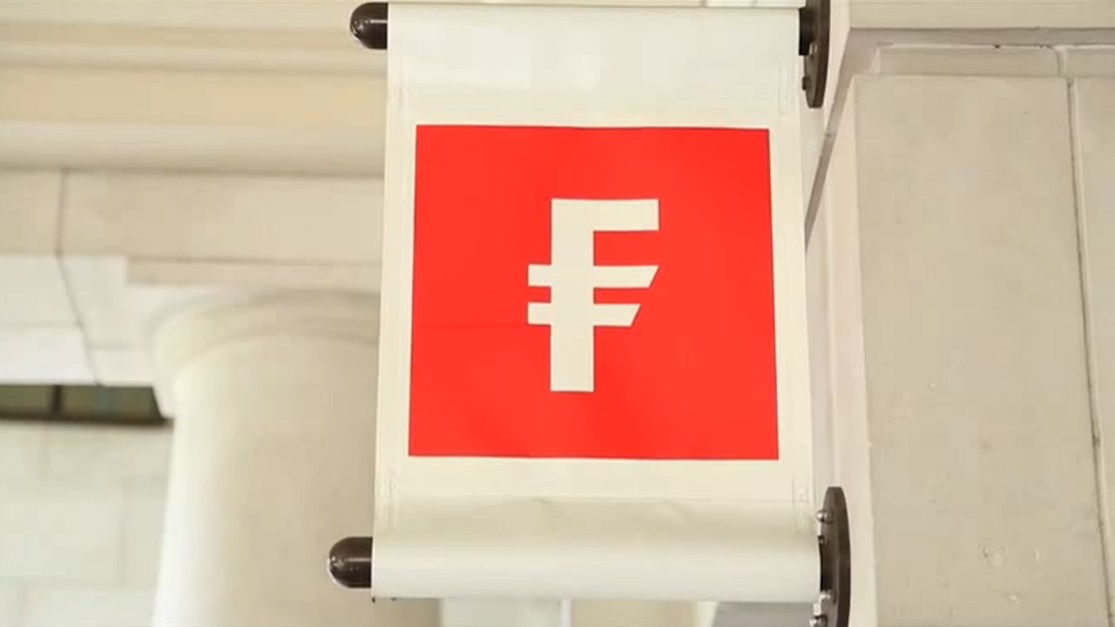Boosting Cocoa Prices “The Right Thing To Do,” Despite Bottom Line Impact
Chocolate Manufacturers Support Higher Cocoa Prices
Despite increasing input costs for chocolate products, major food manufacturers are publicly supporting higher cocoa prices in order to boost West African farmer income according to the Wall Street Journal. “It’s the right thing to do,” said Mondelez Chief of Global Impact, Sustainability and Well-being, Christine McGrath.
According to Mars spokesperson Joseph Gerbino “Mars believes boosting the income of cocoa farmers while ensuring cocoa is grown sustainably is key to a thriving cocoa sector.” Hershey spokesman Jeff Beckman echoed this sentiment, noting, “Cocoa farmers should be able to support their families and earn a decent standard of living, and we support the goal of raising farmer incomes.”
Last year, the governments of Ghana and Ivory Coast, which together produce 65% of the world’s cocoa, formed a cocoa cartel, and announced it will charge an additional $400 per ton for cocoa, representing a greater than 15% increase. The higher prices are an attempt to improve the income of local farmers in the West African countries.
Although attempts to support cocoa prices have failed in the past, the current effort has met with early success, with support from the world’s major customers. Nestle has already locked in supplies of cocoa at the new higher rate.
While the manufacturers will be challenged by the higher prices, they are clearly communicating that sustainability comes ahead of near-term profits. Labor and human rights issues are particularly challenging for companies sourcing cocoa from Ghana and the Ivory Coast, countries which have become notorious for their use of child labor over the past several decades. This has become a significant source of ESG risk for these companies. Supporting higher standards of living for farmers may help boost their sustainability profiles in these countries.
Cocoa producers and food manufacturers will have to watch the impact of the cartel’s actions very carefully, however. Even if the price increase is effective in aiding local farmers, the ripple effect may have other negative sustainability issues. Ghana and Ivory Coast have experienced massive deforestation to make room for cocoa growth, and higher prices may increase the pace of land clearing, if the cartel cannot successfully control supply. Furthermore, increased cocoa demand could conceivably boost the use of child labor in these countries.
This issue highlights many of the delicate challenges for companies in managing their businesses with ESG concerns at the forefront, even beyond profitability concerns.





